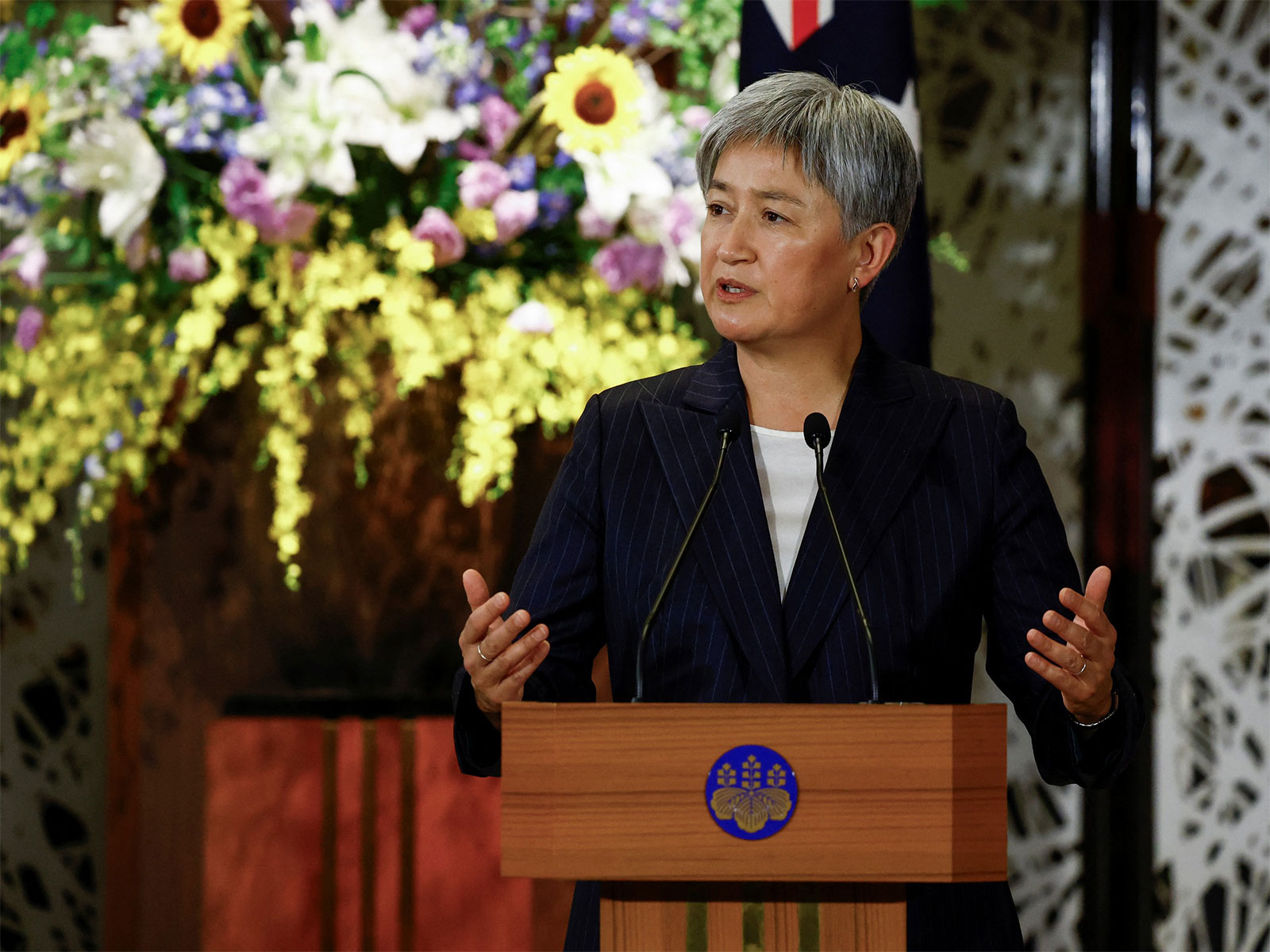India aims to tackle terrorism, climate change with US under Biden's administration: MEA
Jan 28, 2021

New Delhi [India], January 28 : India will closely work with the United States on combating the scourge of terrorism, maritime security, cybersecurity, and peace and stability in the Indo-Pacific region under President Joe Biden's administration, said the Ministry of External Affairs (MEA) on Thursday.
MEA spokesperson Anurag Srivastava said that the two countries will continue to remain engaged at all levels to work together to further strengthen the India-US comprehensive global strategic partnership.
"PM had congratulated then-President-elect Biden on his election on November 8. They had a telephone call on November 17 where both leaders exchanged views on working together on shared priorities and global challenges," said Srivastava at a press briefing on the question of US-India ties in the Biden era.
Srivastava recalled how Prime Minister Modi held a telephone conversation with Biden on November 17 where they affirmed their interest in working together including tackling climate change.
Talking about the Paris Climate agreement, the MEA spokesperson said: "During the telephone call between PM Narendra Modi and President Biden on November 17, the leaders had discussed their priorities which included tackling climate change. So, we look forward to working with the US administration on this issue."
The United States under the Trump administration had abandoned the agreement late last year.
After Joe Biden was sworn in as US President, he announced the United States plans to re-enter the Paris climate accord, the landmark international agreement signed in 2015 to limit global warming.
President Joe Biden signed an executive order to rejoin the US into the Paris climate agreement.
The Paris Agreement is a legally binding international treaty on climate change. It was adopted by 196 Parties at COP 21 in Paris on December 12, 2015, and entered into force on November 4, 2016. It aims to limit global warming to well below 2, preferably to 1.5 degrees Celsius, compared to pre-industrial levels.

















